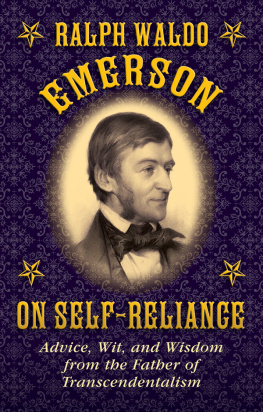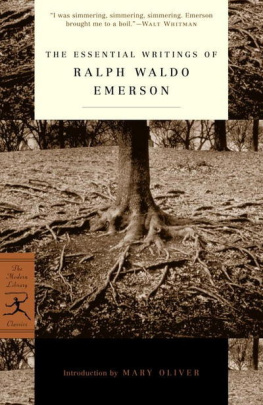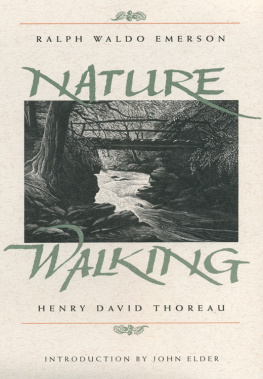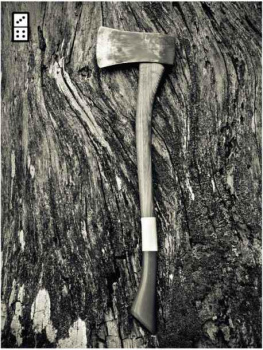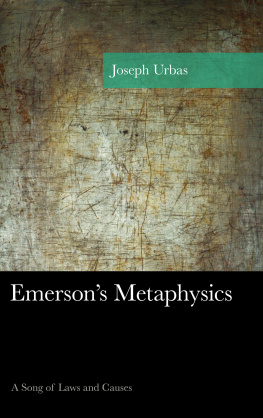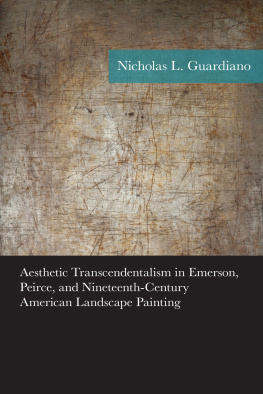Copyright 2014 by Skyhorse Publishing
All rights to any and all materials in copyright owned by the publisher are strictly reserved by the publisher.
No part of this book may be reproduced in any manner without the express written consent of the publisher, except in the case of brief excerpts in critical reviews or articles. All inquiries should be addressed to Skyhorse Publishing, 307 West 36th Street, 11th Floor, New York,
NY 10018.
Skyhorse Publishing books may be purchased in bulk at special discounts for sales promotion, corporate gifts, fund-raising, or educational purposes. Special editions can also be created to specifications. For details, contact the Special Sales Department, Skyhorse Publishing, 307 West 36th Street, 11th Floor, New York, NY 10018 or .
Skyhorse and Skyhorse Publishing are registered trademarks of Skyhorse Publishing, Inc., a Delaware corporation.
Visit our website at www.skyhorsepublishing.com.
10 9 8 7 6 5 4 3 2 1
Library of Congress Cataloging-in-Publication Data is available on file.
ISBN: 978-1-62873-794-3
eISBN: 978-1-62914-050-6
Printed in the United States of America
CONTENTS

SELF-RELIANCE
From Essays: First Series
Ne te quaesiveris extra.
Man is his own star; and the soul that can
Render an honest and a perfect man,
Commands all light, all influence, all fate;
Nothing to him falls early or too late.
Our acts our angels are, or good or ill,
Our fatal shadows that walk by us still.
Epilogue to Beaumont and Fletchers Honest Mans Fortune
Cast the bantling on the rocks,
Suckle him with the she-wolfs teat;
Wintered with the hawk and fox,
Power and speed be hands and feet.
I read the other day some verses written by an eminent painter which were original and not conventional. The soul always hears an admonition in such lines, let the subject be what it may. The sentiment they instil is of more value than any thought they may contain. To believe your own thought, to believe that what is true for you in your private heart is true for all men, that is genius. Speak your latent conviction, and it shall be the universal sense; for the inmost in due time becomes the outmost, and our first thought is rendered back to us by the trumpets of the Last Judgment. Familiar as the voice of the mind is to each, the highest merit we ascribe to Moses, Plato, and Milton is, that they set at naught books and traditions, and spoke not what men but what they thought. A man should learn to detect and watch that gleam of light which flashes across his mind from within, more than the lustre of the firmament of bards and sages. Yet he dismisses without notice his thought, because it is his. In every work of genius we recognize our own rejected thoughts: they come back to us with a certain alienated majesty. Great works of art have no more affecting lesson for us than this. They teach us to abide by our spontaneous impression with good-humored inflexibility then most when the whole cry of voices is on the other side. Else, to-morrow a stranger will say with masterly good sense precisely what we have thought and felt all the time, and we shall be forced to take with shame our own opinion from another.
There is a time in every mans education when he arrives at the conviction that envy is ignorance; that imitation is suicide; that he must take himself for better, for worse, as his portion; that though the wide universe is full of good, no kernel of nourishing corn can come to him but through his toil bestowed on that plot of ground which is given to him to till. The power which resides in him is new in nature, and none but he knows what that is which he can do, nor does he know until he has tried. Not for nothing one face, one character, one fact, makes much impression on him, and another none. This sculpture in the memory is not without preestablished harmony. The eye was placed where one ray should fall, that it might testify of that particular ray. We but half express ourselves, and are ashamed of that divine idea which each of us represents. It may be safely trusted as proportionate and of good issues, so it be faithfully imparted, but God will not have his work made manifest by cowards. A man is relieved and gay when he has put his heart into his work and done his best; but what he has said or done otherwise, shall give him no peace. It is a deliverance which does not deliver. In the attempt his genius deserts him; no muse befriends; no invention, no hope.
Trust thyself: every heart vibrates to that iron string. Accept the place the divine providence has found for you, the society of your contemporaries, the connection of events. Great men have always done so, and confided themselves childlike to the genius of their age, betraying their perception that the absolutely trustworthy was seated at their heart, working through their hands, predominating in all their being. And we are now men, and must accept in the highest mind the same transcendent destiny; and not minors and invalids in a protected corner, not cowards fleeing before a revolution, but guides, redeemers, and benefactors, obeying the Almighty effort, and advancing on Chaos and the Dark.
What pretty oracles nature yields us on this text, in the face and behaviour of children, babes, and even brutes! That divided and rebel mind, that distrust of a sentiment because our arithmetic has computed the strength and means opposed to our purpose, these have not. Their mind being whole, their eye is as yet unconquered, and when we look in their faces, we are disconcerted. Infancy conforms to nobody: all conform to it, so that one babe commonly makes four or five out of the adults who prattle and play to it. So God has armed youth and puberty and manhood no less with its own piquancy and charm, and made it enviable and gracious and its claims not to be put by, if it will stand by itself. Do not think the youth has no force, because he cannot speak to you and me. Hark! in the next room his voice is sufficiently clear and emphatic. It seems he knows how to speak to his contemporaries. Bashful or bold, then, he will know how to make us seniors very unnecessary.
The nonchalance of boys who are sure of a dinner, and would disdain as much as a lord to do or say aught to conciliate one, is the healthy attitude of human nature. A boy is in the parlour what the pit is in the playhouse; independent, irresponsible, looking out from his corner on such people and facts as pass by, he tries and sentences them on their merits, in the swift, summary way of boys, as good, bad, interesting, silly, eloquent, troublesome. He cumbers himself never about consequences, about interests: he gives an independent, genuine verdict. You must court him: he does not court you. But the man is, as it were, clapped into jail by his consciousness. As soon as he has once acted or spoken with eclat, he is a committed person, watched by the sympathy or the hatred of hundreds, whose affections must now enter into his account. There is no Lethe for this. Ah, that he could pass again into his neutrality! Who can thus avoid all pledges, and having observed, observe again from the same unaffected, unbiased, unbribable, unaffrighted innocence, must always be formidable. He would utter opinions on all passing affairs, which being seen to be not private, but necessary, would sink like darts into the ear of men, and put them in fear.

